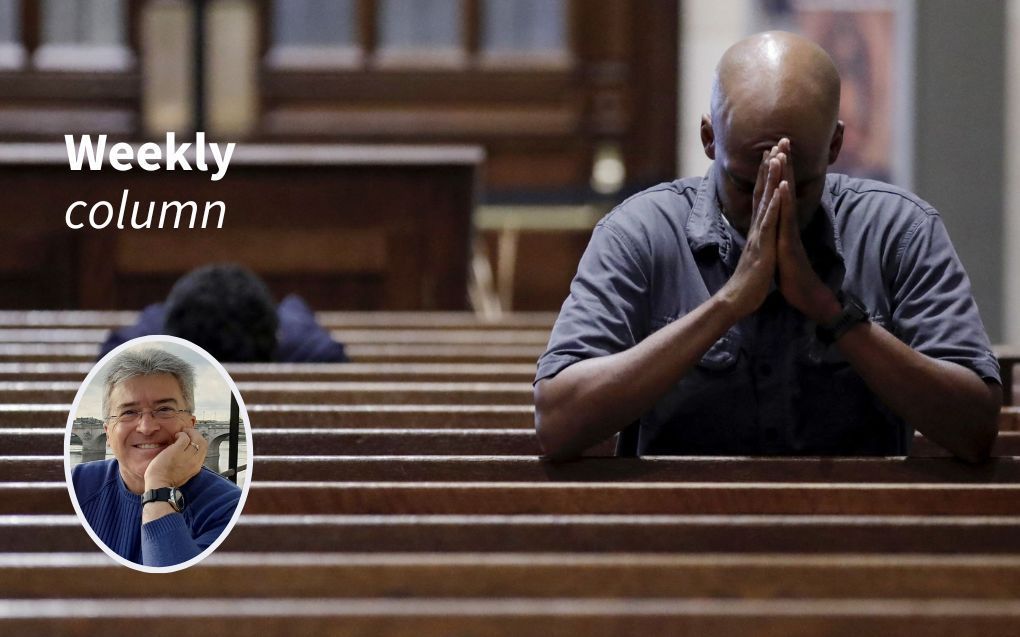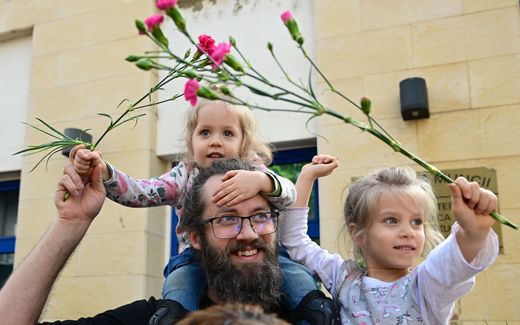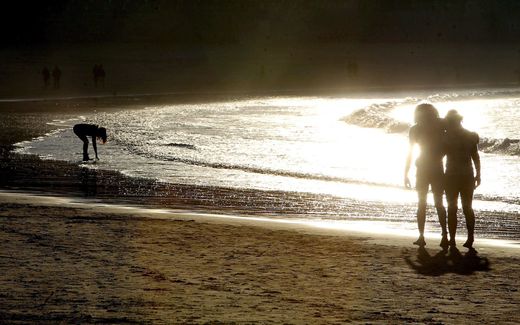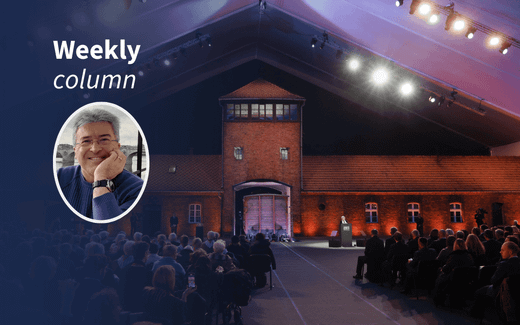A theology of burnout could help the church to serve

Photo AFP, Leonardo Munoz & Canva
Christian Life
It takes a long time to heal from a depression. And it costs tears. And we can’t do it without the help of professionals. But why do churches only say that depressed people have to pray more? Marc Derœux is amid all this and shares insights from personal experience.
Stay up to date with Christian news in Europe? Sign up for CNE's newsletter.
A few months ago, my world came crashing down. I had always thought my faith was a shield, an unshakeable fortress against all of life’s storms. And yet, a violent, insidious storm blew through, and my fortress showed its flaws. I was diagnosed with anxious-depressive syndrome, a direct result of exhaustion, of burnout.
How can a Christian, let alone a pastor, experience burnout? Like many other believers, I’ve asked myself that question a thousand times. “Don’t you have the strength of the Holy Spirit? The peace that surpasses all understanding? Shouldn’t you always rejoice in the Lord?” The voices of guilt whispered that I had failed. That I had betrayed my calling.
What struck me the most was the silence from other believers. This topic is rarely discussed in our churches, as if it were taboo, as if depression and anxiety were weaknesses, signs of a lack of faith. In the case of exhaustion, we are told to “pray more,” to “trust,” as if it were just a simple crisis of faith to be overcome with a bit of willpower.
But the reality is far more complex. Burnout is a deep wound that affects the body, mind, and soul. It’s not a lack of faith; it’s a wound that demands rest, help, and a new perspective on our relationship with performance.
Antidepressants
After doing some research, I discovered that I wasn’t alone. Actually, I was stunned by the numbers. Recent studies show that in France, an estimated 3.2 million employees, 12 per cent of the working population, are at risk of burnout. And more than 3 million French people have gone through depression in the last twelve months.
This is not a marginal phenomenon; it is a wave overwhelming our society, including our faith communities. The consumption of antidepressants is, unfortunately, a dramatic sign of this; France is often cited as one of the largest consumers of psychotropic drugs in Europe, with a worrying increase among children and young people.
In the Christian world, we are often pushed to serve. This is a beautiful thing, a biblical value. We want to give, invest, and “advance the Kingdom.” But at what cost? I’ve seen pastors at the end of their rope, believers who never stopped their activities for the church, parents juggling everything and forgetting themselves.
Defeat
We end up basing our identity on what we do, not on who we are in the eyes of Christ. This idolatry of service is as pernicious as any other. We replace our relationship with God with a simple to-do list for Him. We forget that His grace is free and cannot be bought with our activism. Jesus said, “My yoke is easy, and My burden is light” (Matthew 11:30, the verse through which my father was converted). But we have turned this yoke into a weight that is all the heavier because we want to be “perfect”.
Vulnerability is not a defeat. It is the fertile ground where God’s grace can grow. It’s time for us to denounce this culture of performance that has infiltrated our communities. The numbers prove it to us: this fatigue, for 78 per cent of those affected, is accompanied by guilt and shame. We must say to one another, “It’s okay to be tired, to doubt, to want to cry.” Jesus Himself knew loneliness and anguish. He took the time to withdraw, to pray, to rest. So why do we think we have to do more than He did?
Personal decision
The theology of burnout doesn’t exist yet, but it is nevertheless essential. We must rediscover the Sabbath, not as a religious rule, but as a gift of rest and trust that God offers us. The Sabbath reminds us that God is sovereign and that the world will not collapse if we stop. Of course, it is a matter of faith, but it is also a personal decision: to submit to it and let go.
My burnout forced me to stop. It taught me to no longer define myself by what I did but by who I was in God’s eyes: a beloved child, a precious son. In this forced rest, I rediscovered the simplicity of the Gospel. There is nothing to prove, nothing to earn—just to receive grace.
So, if you are reading this article and you feel at the end of your rope, know that you are not alone. Your exhaustion is not proof of a lack of faith. It may be God’s call to stop, rest in Him, and rediscover life’s beauty in simplicity and truth.
The path to healing is long. It involves tears, accepting our fragility, and the help of professionals. But it leads us toward a truer faith that is not afraid of vulnerability and finds its strength not in activism but in the rest of the soul. It is a faith that understands that it is good, sometimes, to stop and take a breath, to exist, to love, and to let God love us, just as we are, with all our wounds.
Related Articles










